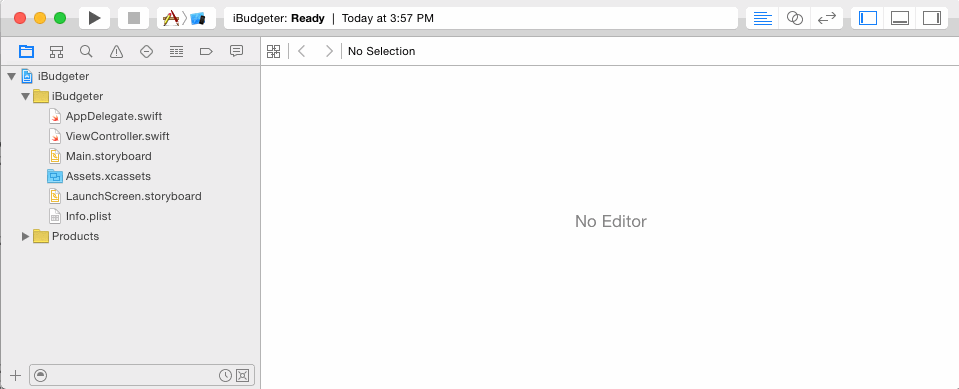I just renamed my Xcode project and when I ran it I got this error:
2015-11-14 05:32:42.337 Buck Tracker[3537:1456100] * Terminating app due to uncaught exception 'NSInvalidUnarchiveOperationException', reason: '* -[NSKeyedUnarchiver decodeObjectForKey:]: cannot decode object of class (iBudgeter.Record) for key (NS.objects); the class may be defined in source code or a library that is not linked'
The Buck Tracker is the new name and iBudgeter is the original name. Record is a custom NSObject I created to store some data.
I tried renaming the project back to iBudgeter but it didn't work. Reverting to a previous version in git did help but I got the same error when I renamed it again.
So any suggestions?


Buck Trackerconform to theNSCodingprotocol? – EncyclopediaNSCoding? – Dextrin